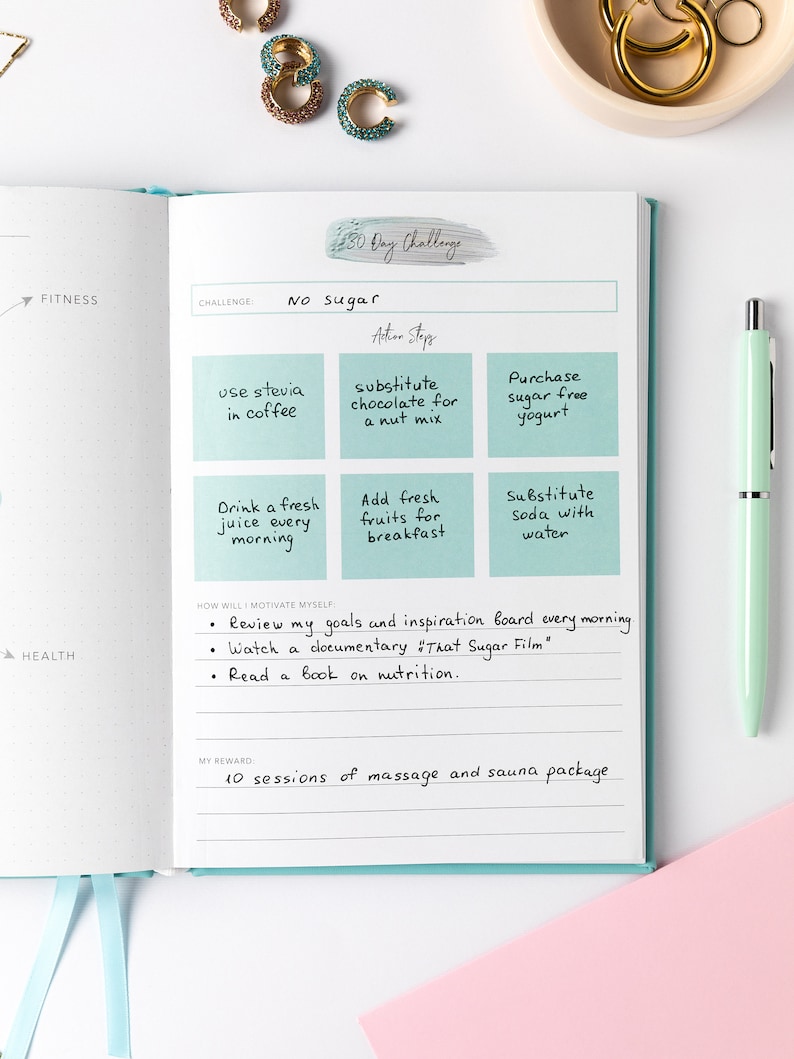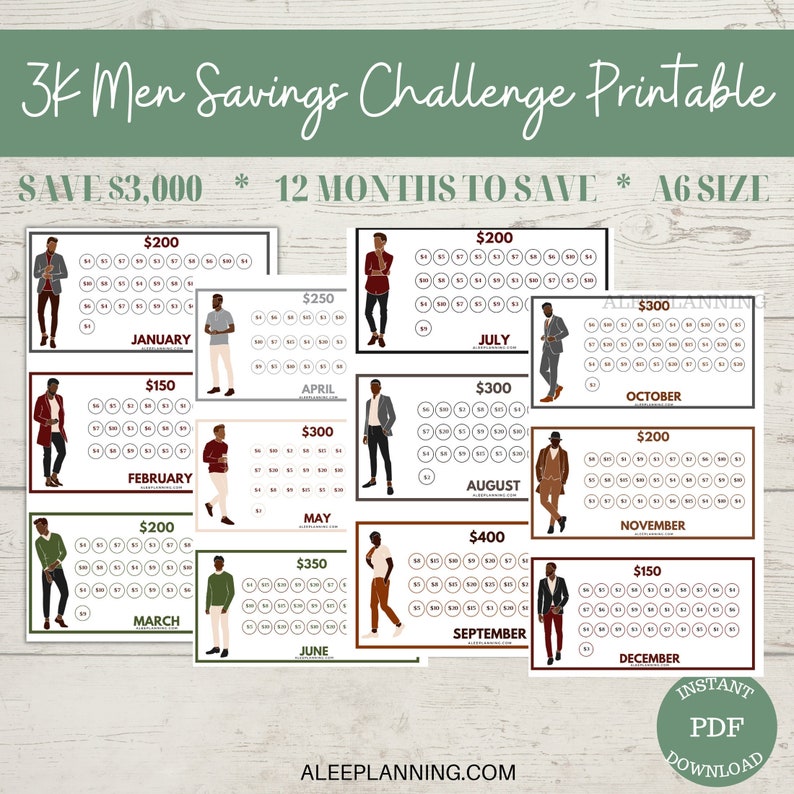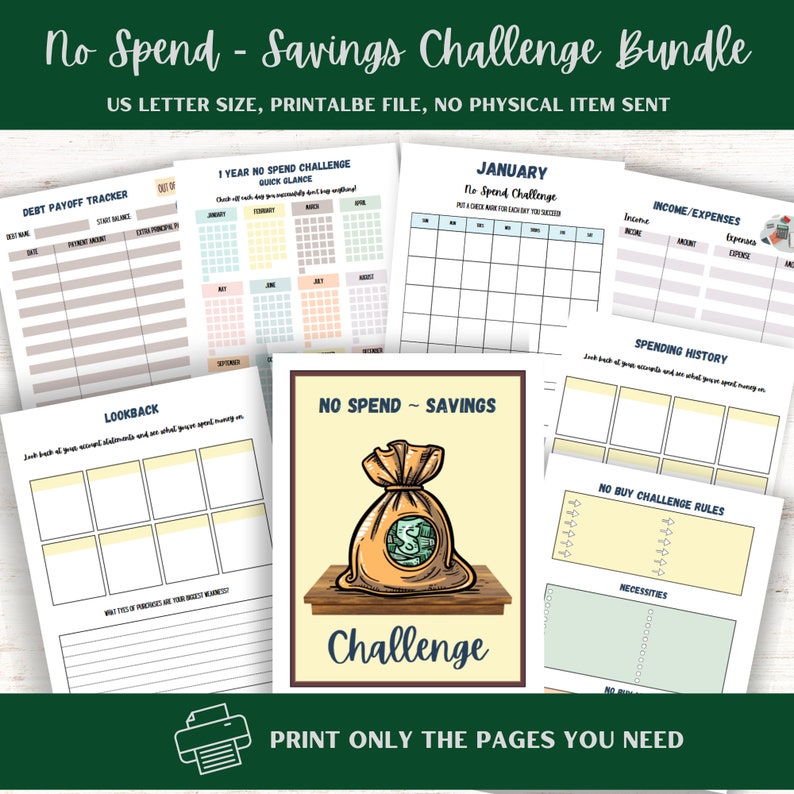When we think about personal development, health, and money often come up as the top priorities. But have you ever wondered why they are so closely linked?
In this blog, we’ll explore how taking care of your health can improve your financial situation, and vice versa.
We’ll break down simple ways to boost both areas of your life and show you how they work together to help you grow.
Whether you’re looking to get fit, save money, or just feel better overall, understanding the connection between health and money can be a game-changer for your journey.
Importance of Personal Development
Personal development is all about improving yourself to live a better life. This can mean learning new skills, growing your mindset, and becoming healthier.
It’s a way to become the best version of yourself by focusing on the areas that matter most to you.
Why Does it Matter to Focus on Both Health and Money?
Focusing on both health and money is important because they are the building blocks for a happy life.
Good health helps you feel great and stay active, while financial stability lets you live without constant stress. When you balance both, you set yourself up for success.
Health and money are closely connected – when you’re healthy, you spend less on medical bills and have more energy for work.
On the other hand, having enough money allows you to take care of your health better. By understanding how these two areas support each other, you can make smarter choices for personal growth.
The Connection Between Health and Financial Well-being
Let’s take a closer look at how health and financial well-being are connected:
How Good Health Can Lead to Financial Stability?
Good health can save you a lot of money – when you’re healthy, you won’t need to spend as much on doctor visits, medications, or treatments.
This means lower healthcare costs overall. Plus, when you’re feeling good, you’ll be more productive at work.
Higher energy levels and fewer sick days can lead to better job performance and even promotions. So, staying healthy is not just good for your body but also for your wallet.
How Financial Well-being Can Lead to Better Health?
Having a stable financial situation also helps you stay healthy. With enough money, you can afford quality healthcare, including regular check-ups and preventive care – this keeps you from getting sick in the first place.
Financial security also reduces stress and anxiety, which are bad for your mental health.
Knowing you can pay your bills and handle emergencies lets you focus on living well instead of worrying all the time. So, financial well-being directly supports your overall health.
Physical Health and Its Impact on Finances
Here are a few ways your physical health can affect your finances:
Lower Healthcare Costs
Staying healthy means fewer trips to the doctor and less money spent on medications. When you maintain a good diet and exercise regularly, you reduce your risk of chronic illnesses.
This translates to lower medical bills and more savings in your pocket, helping your finances stay strong.
Increased Productivity at Work
Good physical health boosts your energy levels and focus, making you more productive at work. When you’re performing well, you’re more likely to get raises and promotions.
This increased income helps you build financial stability, showing how closely linked health and wealth can be.
Fewer Sick Days
Being healthy means you’re less likely to fall sick and miss work. Fewer sick days can lead to better job security and more consistent income.
Employers appreciate reliable workers, which could also result in bonuses or other perks, further boosting your financial situation.
Better Mental Health
Physical activity and good nutrition positively impact your mental health. Reduced stress and improved mood can make you more effective in managing your finances.
When you’re feeling good mentally, you’re more likely to make smart financial decisions, saving and investing wisely for the future.
Financial Health and Its Impact on Physical Well-being
Now that we know how physical health can affect finances, let’s explore the reverse – how financial health impacts physical well-being:
Access to Quality Healthcare
When you have financial stability, you can afford better healthcare services. This includes regular check-ups, treatments, and preventive care.
Quality healthcare helps you catch potential health issues early, keeping you healthier and avoiding serious illnesses down the line.
Reduced Stress and Anxiety
Having enough money reduces the stress and anxiety that come with financial worries. Lower stress levels contribute to better mental health, which in turn improves physical health.
You’re able to focus on staying active and eating well when financial concerns are not there.
Better Nutrition
When you are financially stable you can buy healthier food options. Fresh fruits, vegetables, and lean proteins might be more expensive, but they are crucial for a balanced diet.
Eating well keeps your body strong and less prone to diseases, enhancing overall health.
More Time for Exercise
With financial security, you have the flexibility to spend more time on physical activities.
You can join a gym, take fitness classes, or simply have more leisure time to walk, run, or cycle. Regular exercise greatly boosts your physical well-being.
Ability to Take Breaks and Vacations
Financial stability gives you the freedom to take breaks and vacations, which are important for your health.
Time off helps you recharge, reduces burnout, and improves your overall well-being. Relaxing and enjoying life can have significant positive effects on your physical health.
Practical Tips for Balancing Health and Finances
Here are some tips on how to balance your health and finances:
- Cook at Home: It’s cheaper and healthier than eating out. You control the ingredients and portions.
- Exercise for Free: Walking, jogging, or using online workout videos are great ways to stay fit without spending money.
- Budget for Health Expenses: Set aside money each month for doctor visits, medications, and fitness expenses.
- Buy in Bulk: Purchase healthy foods like grains, beans, and frozen veggies in larger quantities to save money and always have nutritious options.
- Use Health Apps: Many free apps can help you track your exercise, nutrition, and overall health. These can be great tools for maintaining a healthy lifestyle on a budget.
Conclusion
It can be seen that both money and health are essential for a happy and fulfilling life. By finding a balance between the two, you can not only improve your physical well-being but also achieve financial stability. Remember to prioritize both your health and finances, and make smart choices to maintain a good balance between the two.






